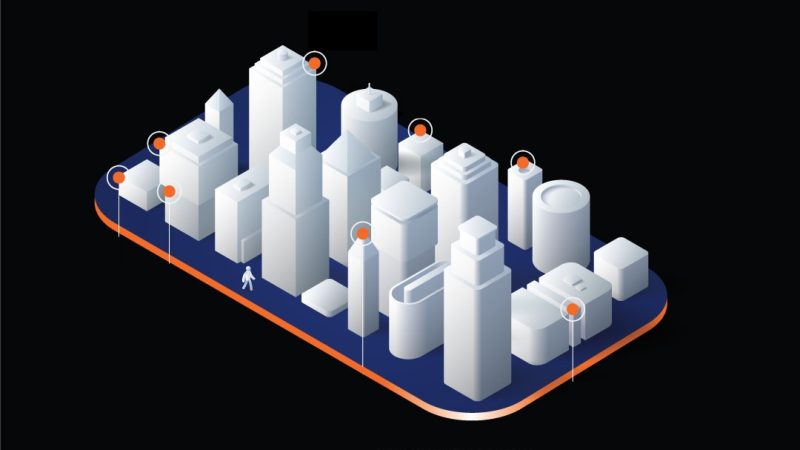Despite the highly reported cutbacks many companies are making in the start of 2023, experts agree one area that none of these companies are cutting spending in is data center investment. With more and more cloud computing necessary to maintain the infrastructure of the internet and changing work and digital consumption habits of modern populations, data center construction can’t happen fast enough.
A data center is a facility used to house and manage computer systems and associated components, such as telecommunications and storage systems. It is a centralized location where organizations can store, manage, process, and distribute large amounts of data. Data centers are essential for running many modern applications and services that require high availability, scalability, and performance. They are used by a wide range of industries, including finance, healthcare, education, government, and e-commerce, among others. A typical data center may contain servers, storage devices, networking equipment, and other components that are designed to work together to support the organization’s IT operations. Data centers are becoming increasingly important as more companies and individuals rely on cloud computing and digital services.
Data Center Facts:
- The average center is 100,000 SF (some are as big as 6 million square feet).
- The United States has more than 2,700 – 33% of total centers worldwide and more than the next 8 countries combined.
- Global IT data center spending is expected to reach $222 billion in 2023
- Data centers are expected to consume 20% of the world’s power supply by 2025.
- Average construction costs of a new center range from $60-$110 million.
- During construction, the average center employs 1,688 local workers and provides them $77.7 million in wages.
- the top five drivers of data center demand are remote work, digitization, digital technologies, OTT services, and IoT.
- The two main types of data centers are hyper-scale vs colocation.
- Hyperscale data centers are massive facilities built by large tech companies with massive data needs.
- Colocation data centers are smaller facilities that rent space to third parties.

